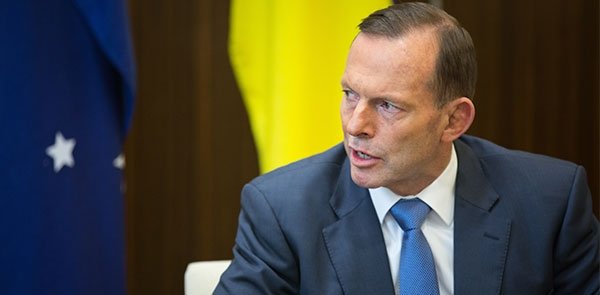|
Monday, Oct. 25 // 4–5:30 p.m. (ET)
Far from always having been an isolated nation and a pariah state in the international community, North Korea exercised significant influence among Third World nations during the Cold War era. With one foot in the socialist Second World and the other in the anticolonial Third World, North Korea occupied a unique position as both a postcolonial nation and a Soviet client state, and sent advisors to assist African liberation movements, trained anti-imperialist guerilla fighters, and completed building projects in developing countries.

Tuesday, Oct. 26 // 9:30–10:45 a.m. (ET)
In this program, panelists will discuss the challenges and opportunities facing China’s pivot away from coal both at home and in its investments along the Belt and Road abroad.

Tuesday, Oct. 25 // 1–2:00 p.m. (ET)
The Wilson Center's Mexico Institute and Canada Institute invite you to join a conversation on the future of U.S.-Mexico-Canada relations with Roberto Velasco Álvarez, Chief Officer for North America for Mexico’s Secretariat of Foreign Affairs, Michael Grant, Assistant Deputy Minister for the Americas for Global Affairs Canada, and Rachel M. Poynter, Deputy Assistant Secretary for North America for the Department of State.

Wednesday, Oct. 27 // 3–4:00 p.m. (ET)
Join us for a discussion of China’s leadership with a preeminent scholar of Chinese politics and a longtime contributor to the Wilson Center David Shambaugh.

Friday, Oct. 29 // 2:30–3:30 p.m. (ET)
In October 2020, the Wilson Center established a Task Force on Public Health and the U.S.-Canadian Border to study the use of border restrictions to slow the spread of the COVID-19 pandemic and associated variants. On Friday, October 29, the Task Force will release its report, which considers the effects of the border restrictions and its recommendations to current and future policymakers on how to learn from the border restriction experiment begun in March 2020 and—despite recent changes—still ongoing.

|





